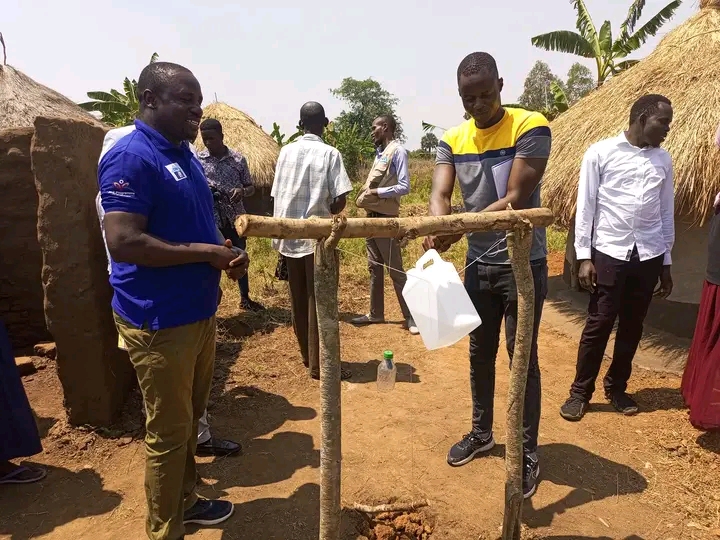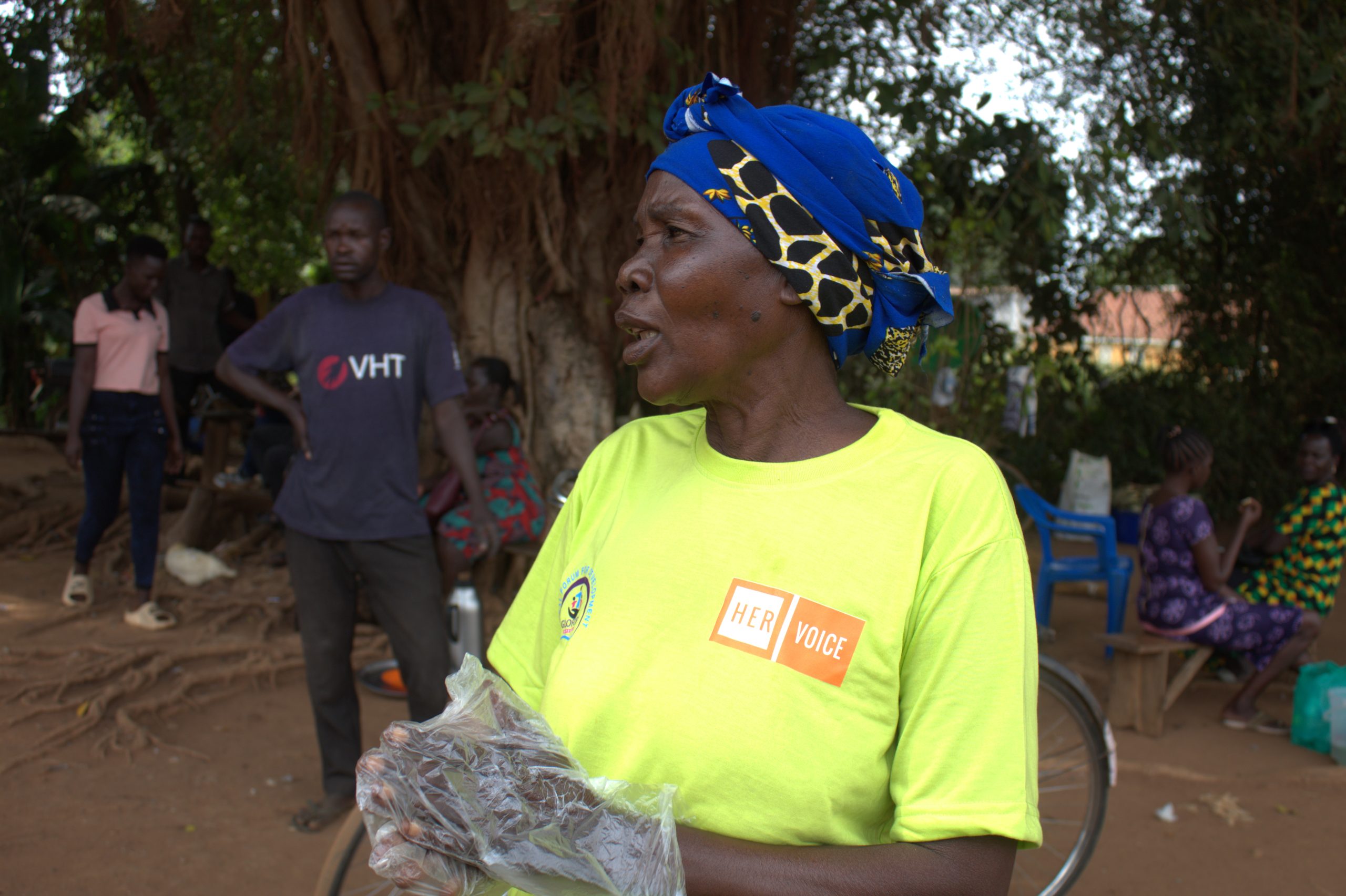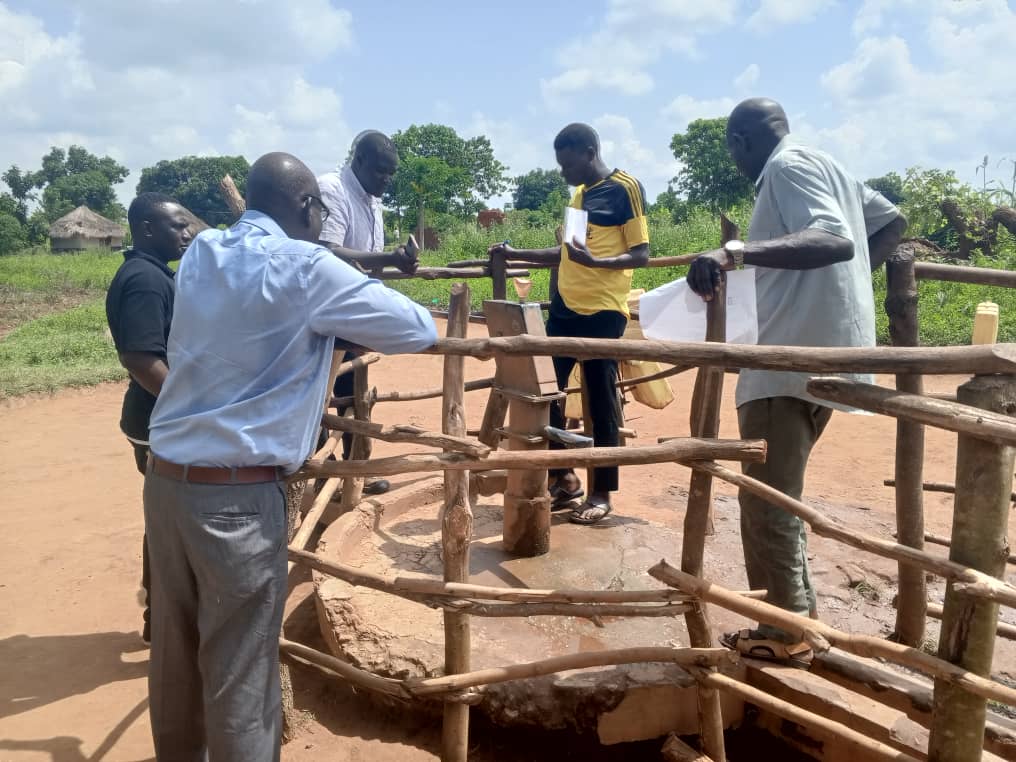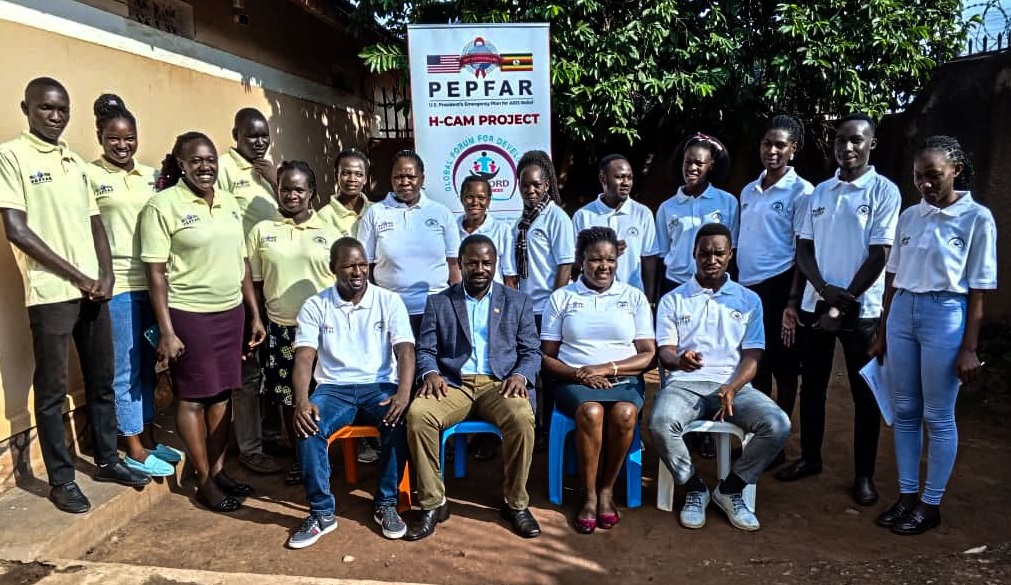

Thia aims to enhance the overall health and well-being of communities in Uganda
The Community Health program, encompassing Water, Sanitation, and Hygiene (WASH), Mental Health, Sexual and Reproductive Health and Rights (SRHR), targeted interventions for Malaria, Tuberculosis (TB), Maternal, Newborn, and Child Health (MNCH), HIV/AIDS, and Nutrition, aims to enhance the overall health and well-being of communities in Uganda. The core objectives are to ensure access to clean water and sanitation facilities, improve mental health outcomes, promote comprehensive SRHR education and services, address major communicable diseases, and improve nutritional status. The program seeks to tackle critical health challenges and create an environment where individuals can lead healthy, fulfilling lives.
Constructing and rehabilitating water and sanitation facilities, conducting hygiene promotion campaigns, and training communities on proper sanitation practices to prevent waterborne diseases.
Providing mental health support services, creating awareness campaigns to reduce stigma, and training community health workers in basic mental health care.
Delivering comprehensive SRHR education in schools and communities, ensuring access to contraceptive services, and supporting maternal health programs to reduce maternal and neonatal mortality
Distributing insecticide-treated mosquito nets, conducting indoor residual spraying, and educating communities on malaria prevention and treatment.
Implementing community-based TB awareness and screening programs, ensuring access to TB treatment, and supporting adherence to treatment regimens.
Enhancing prenatal and postnatal care services, training midwives and community health workers, and promoting breastfeeding and proper nutrition for children.
Providing HIV testing and counseling services, promoting antiretroviral therapy (ART) adherence, and conducting prevention education campaigns
Implementing community nutrition education programs, promoting breastfeeding and complementary feeding practices
The program aims to significantly reduce incidents of child abuse and exploitation in target communities and urban areas by the end of the strategic period. Expected outcomes include increased community awareness and reporting of child protection issues, improved access to quality education and health services for children, and stronger legal and policy frameworks supporting child rights. CDProA’s advocacy efforts are also expected to result in greater governmental and institutional commitment to child protection and development initiatives.





Your generous donation will help us provide young people with the skills, knowledge, and confidence they need to make a difference in their communities. Together, we can create a brighter future for Uganda
